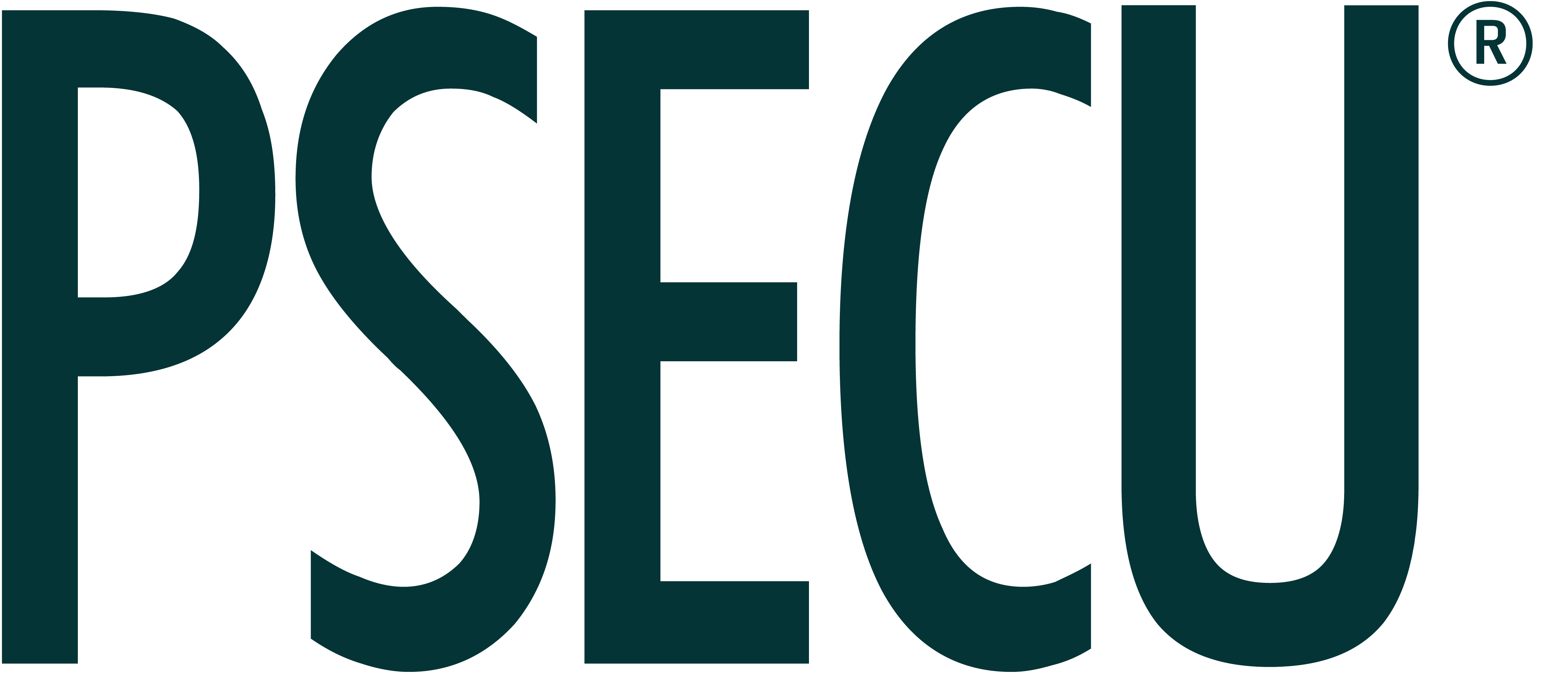How to Get Out of Debt, On Your Terms
If you’re overwhelmed by keeping up with multiple bills and loans, debt consolidation may be able to help. Our debt consolidation loan options suit your lifestyle and your financial needs – all at low costs and with manageable repayment schedules. We offer several ways to consolidate your debt. Our options include:

Take control of your debt with confidence. Move high-interest balances to one of our Visa® credit cards. Enjoy a low balance transfer rate that helps you pay down debt faster.

As an unsecured loan, personal loans require no collateral. If qualified, borrow from $500 to $20,000 with funds available right away.

If you’ve paid down the balance on your mortgage below the home’s value, the difference is your equity. We offer multiple home equity loan options including a fixed-term home equity loan and home equity lines of credit with both fixed and variable advance rate options. These tools let you consolidate debt at a low rate, with affordable payments.

Because it rolls multiple bills into one account, with one payment, debt consolidation can be a useful tool for getting your finances in order. But debt consolidation isn’t a one-size-fits-all solution. The first step in choosing the right debt consolidation loan is to assess your current debt load and determine what can be consolidated. People often consolidate:
- Credit card debt
- Department store credit accounts
- Financed purchases
- Unpaid household bills
- Medical expenses
- Personal loans

If managing your monthly finances is too much to keep up with, debt consolidation might bring you peace of mind. Consolidating debt helps people:
- Save money: High interest rates on credit cards and payday (short-term) loans can make getting out of debt feel impossible. Debt consolidation often offers a considerably lower interest rate. In the long run, you’ll put more of your money into repaying debt – not paying interest.
- Simplify budgets: When you consolidate your debt, you’ll pay a single, fixed amount every month depending on the type of loan, as credit card payments change based on balances. This predictability makes budget planning so much easier. You’ll feel a sense of accomplishment as you watch your debt load diminish, month by month.
- Reduce stress: Sometimes, the worst thing about debt is the constant, nagging reminders as bills pour into your mailbox or your inbox every month. Debt consolidation eliminates multiple due dates and invoices.
- Lower credit risk: Slip up on a payment or two, and you hurt your credit score. Debt consolidation streamlines payments, so it’s easier to keep track. For people with good credit, consolidating debts into one low-interest loan makes it easier to avoid falling behind. For others, it may be the first step to rebuilding bad credit or avoiding bankruptcy.
What to Consider Before Choosing Debt Consolidation
Before you apply for a debt consolidation loan, you’ll want to put some thought into your needs and goals. As you prepare to apply for a consolidation loan, ask yourself:
-
Most often, debt consolidation loans only include unsecured debt, such as credit card bills, medical bills, or utility bills. Consolidation might not be the best option for debts like a home mortgage or car loan.
-
Add up what you owe on the bills you’d like to roll into your new debt consolidation loan. This amount will give you a ballpark for your total loan amount.
-
Consider your current payments on each bill you’ll consolidate. Double-check your budget to determine a manageable payment. Your target payment will help you choose the type of consolidation loan that’s best for you.
-
Paying more each month can shorten your loan term. But a lower payment can provide breathing room in your monthly budget. Your personal needs will determine what’s right for you.
The content provided is for informational purposes only. Nothing stated is to be construed as financial or legal advice. PSECU recommends that you seek the advice of a qualified financial, tax, legal or other professional if you have questions.




